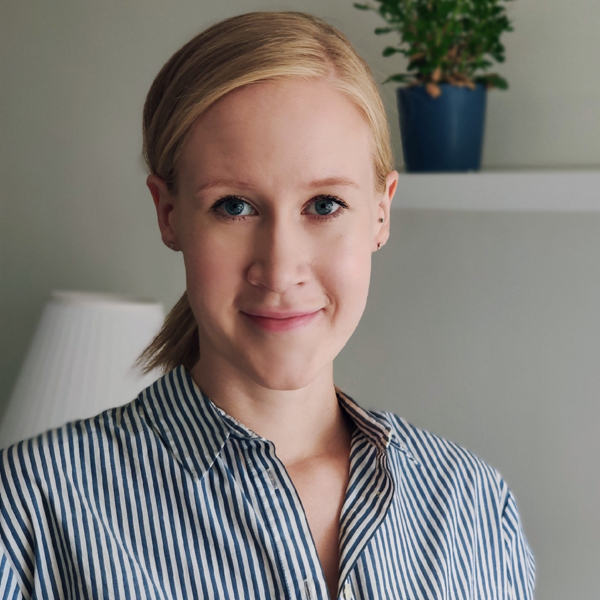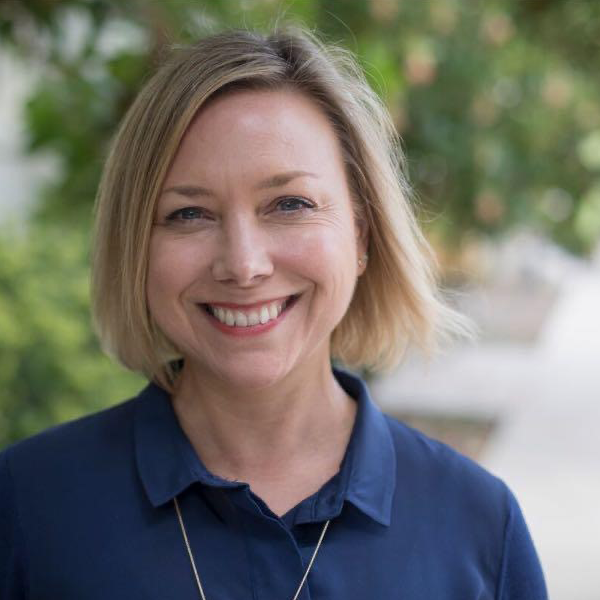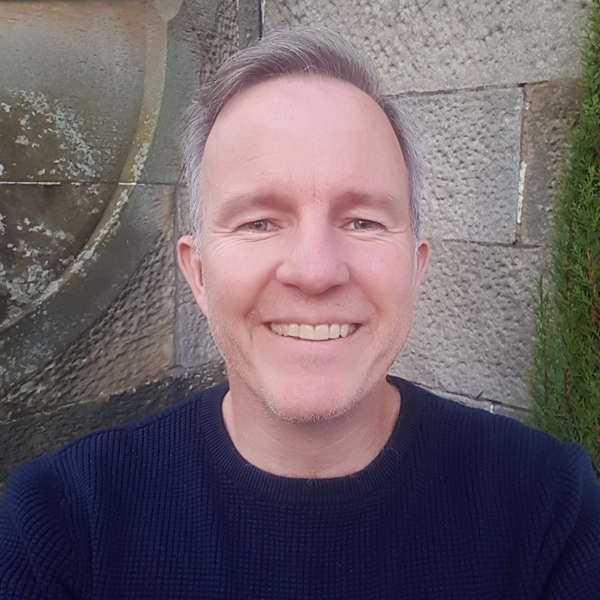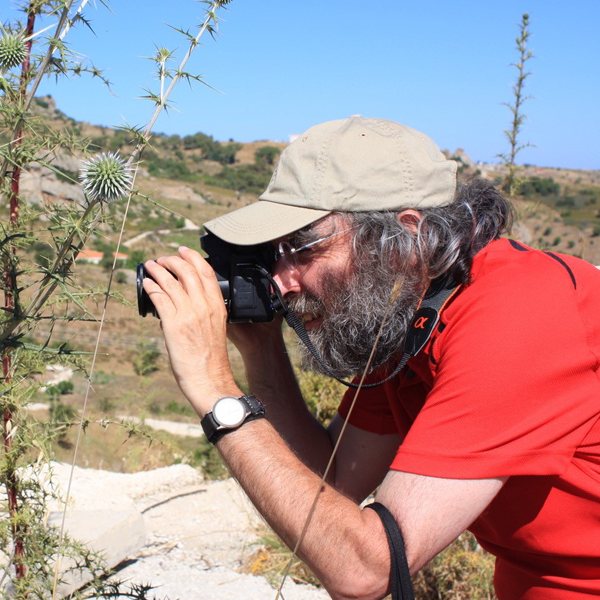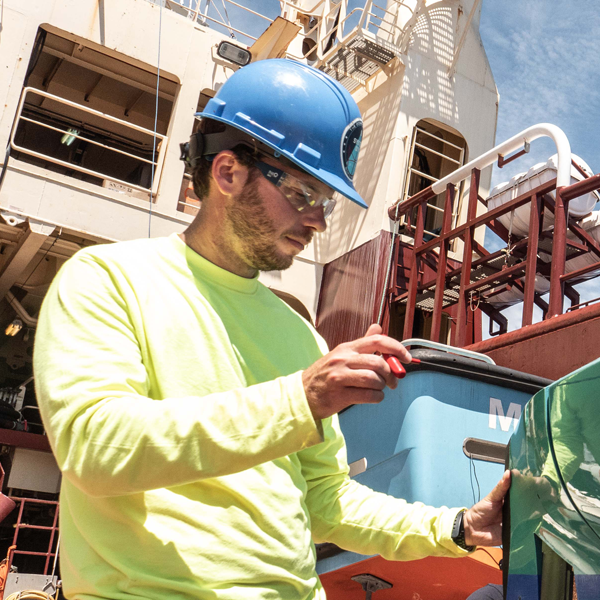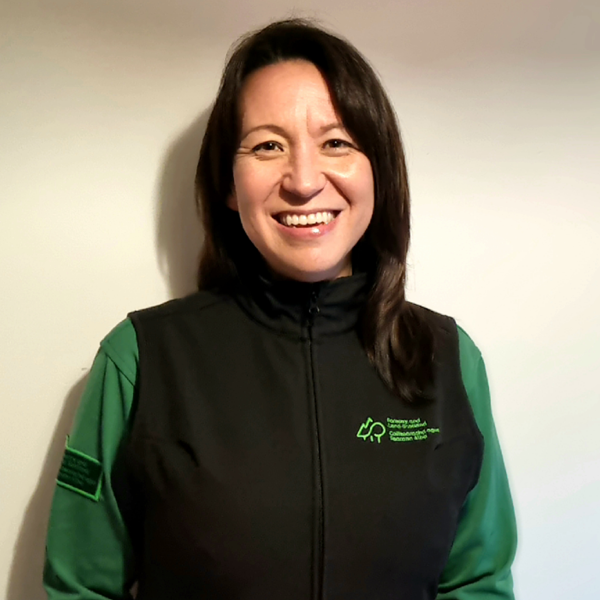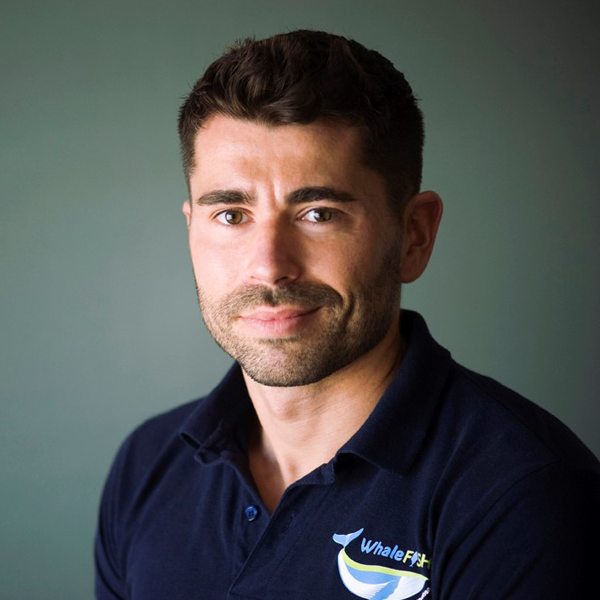
Neil Niru Dorrian
BSc (Hons) Marine Biology 2006
Co-Founder, Whalefish
I studied Marine Biology at Stirling with a dream to work with marine mammals. I am now a Senior Environmental Advisor for large-scale industrial projects and a Marine Mammal Biologist and Chartered Marine Scientist. In 2013 along with fellow Stirling graduates, I Co-Founded Whalefish – an international non-profit marine conservation outreach organisation whose mission is to connect, share, and inspire the next generation of marine ambassadors and conservation scientists through community projects education collaboration.
In 2018 I was privileged to receive the IMarEST Outstanding Contribution Award – Marine Ambassador, who recognised my significant contribution to advocacy, communication, outreach, policy, and public service in the marine sector. I actively work in ocean and environmental clean-up initiatives and marine fauna disentanglement and rescue. I have also supported Stirling’s future marine science graduates through the Stirling Alumni Mentoring Programme. I hope to see COP26 address the plastic pollution crisis affecting our ecosystems and real tangible solutions and more commitment and action from governments on cleaner transports and technologies.

